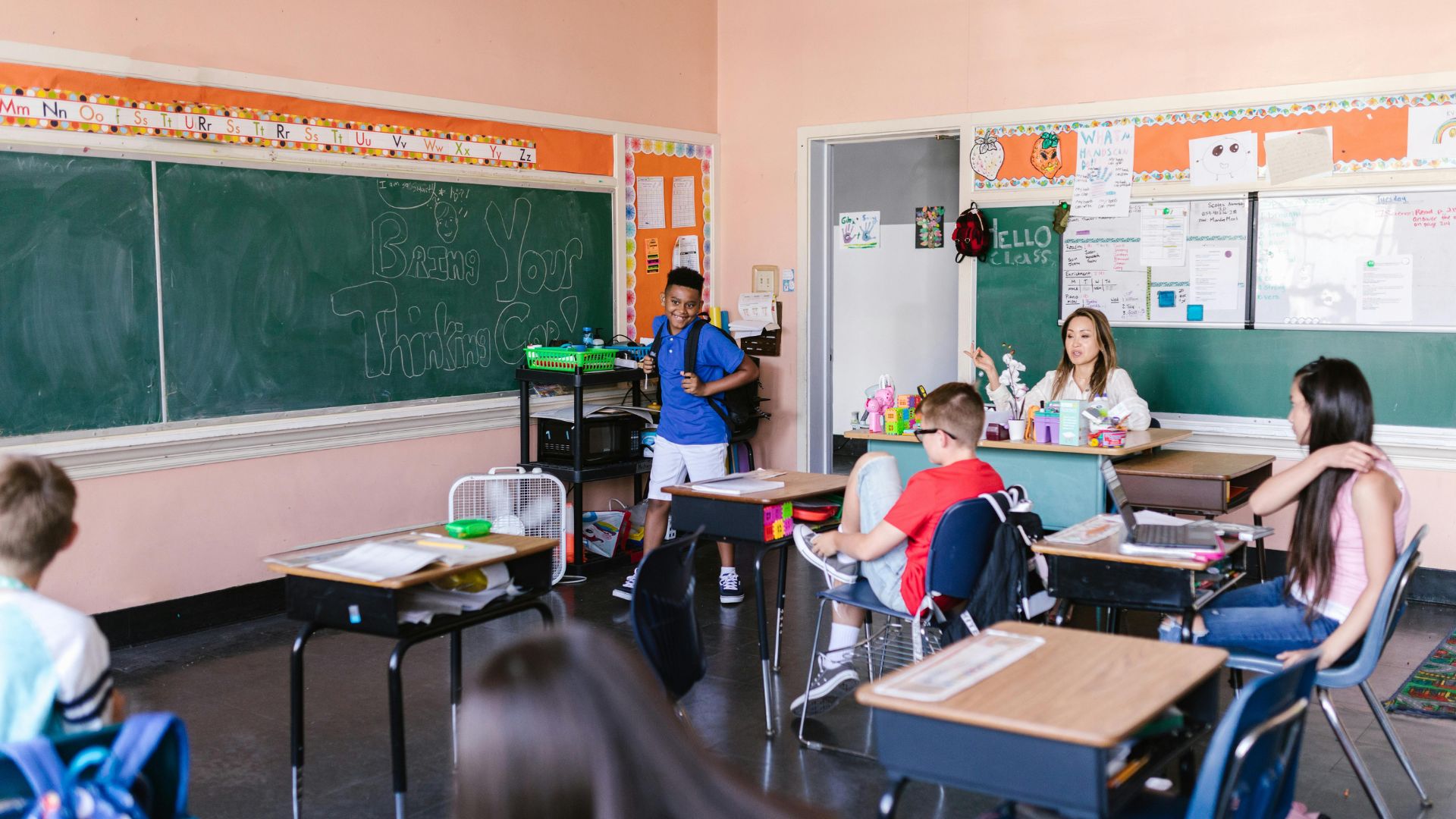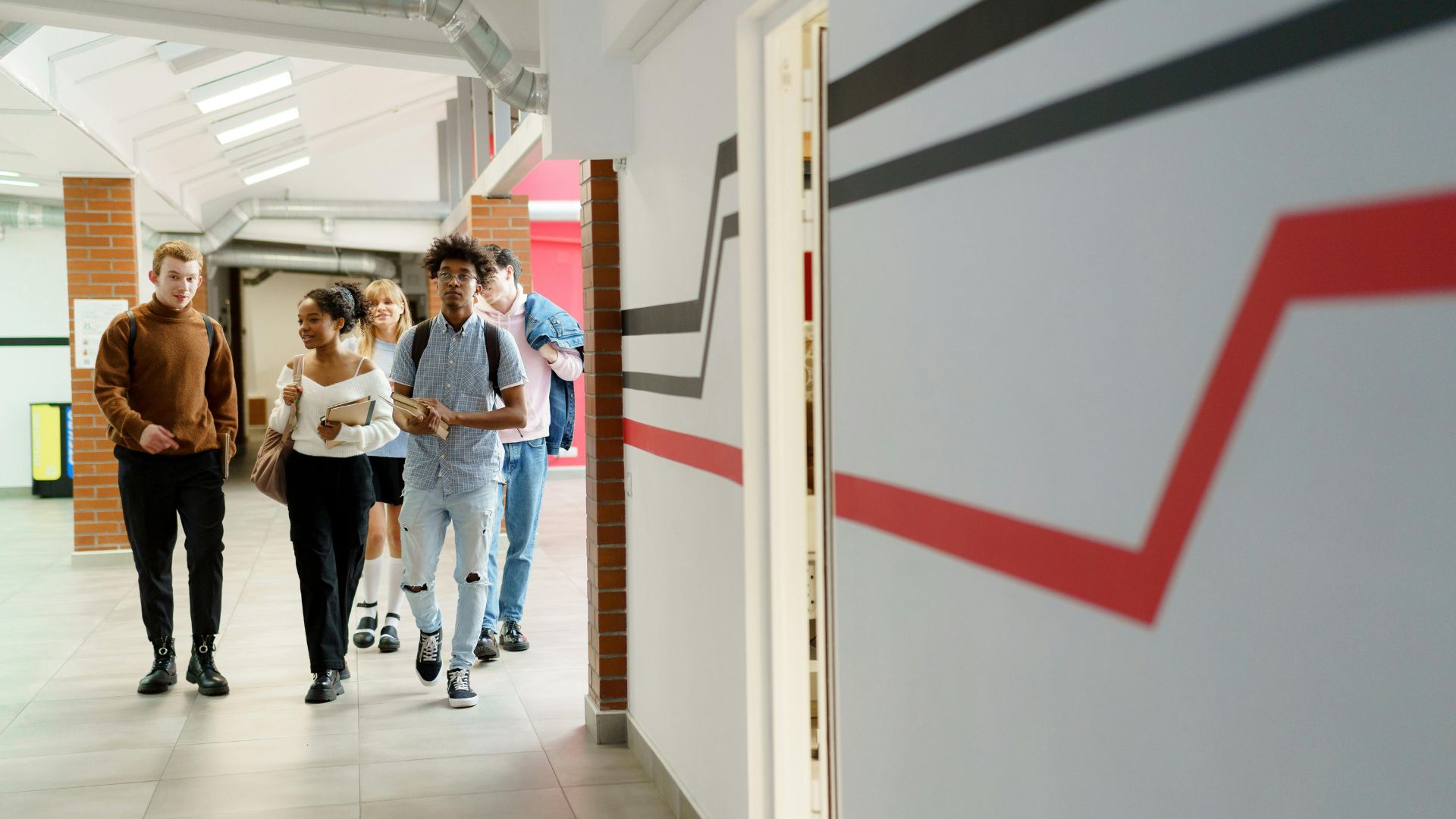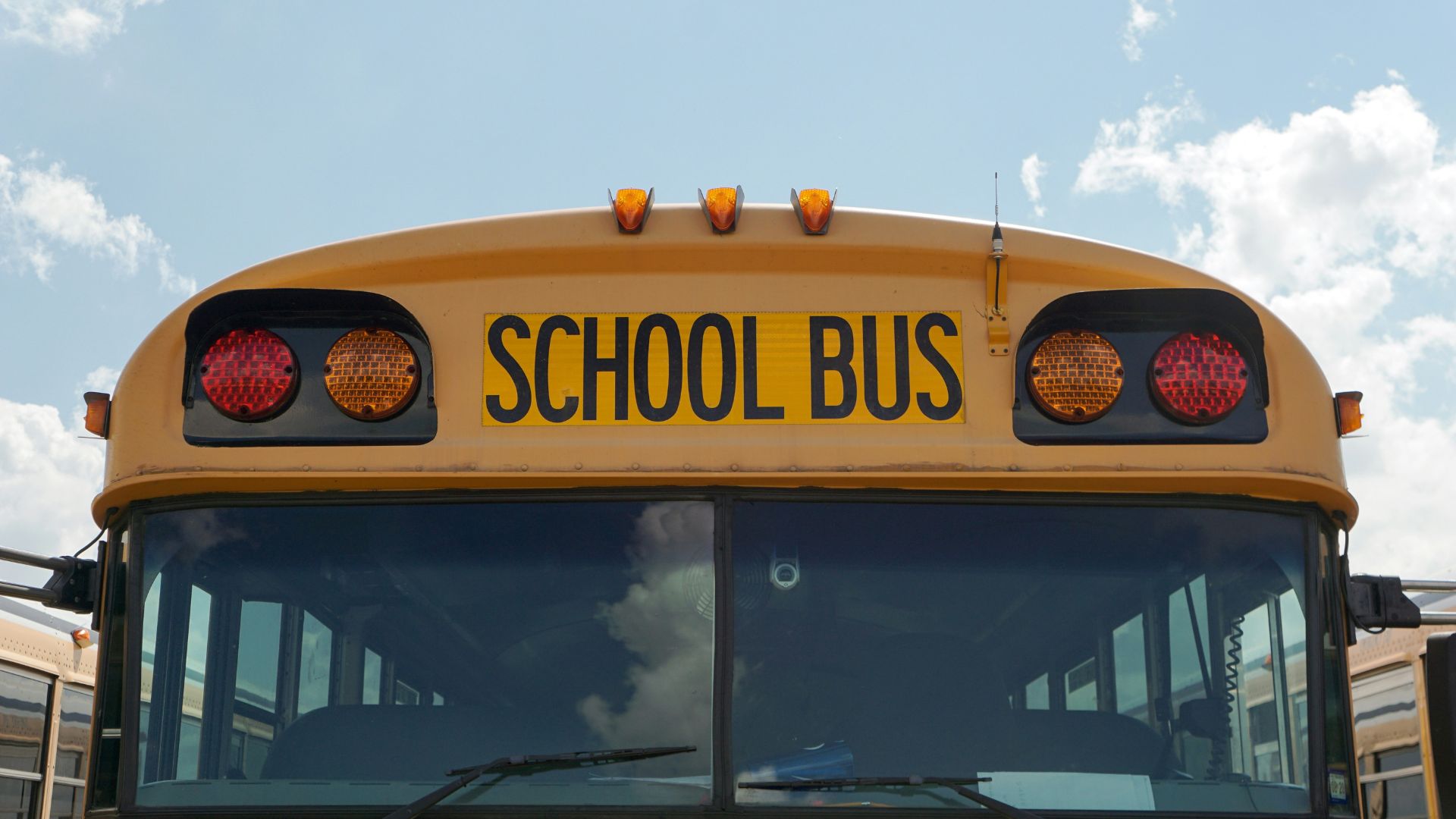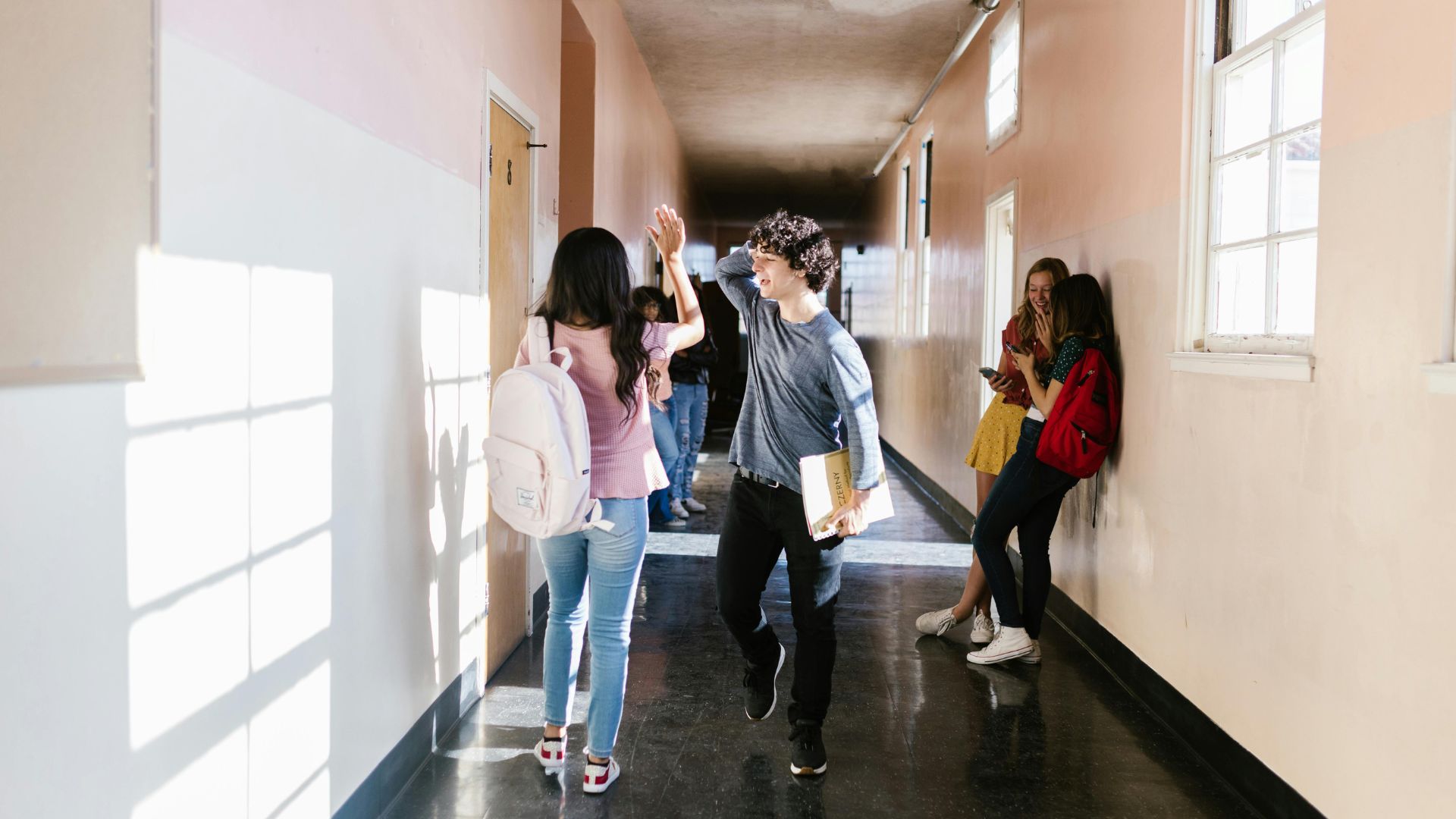California parents have expressed their outrage over a new “woke” course being taught in at least two Silicon Valley high schools.
This course — which has to do with ethnic studies — has some parents worried about what their children will be taught. They want answers and transparency from the schools.
Ethnic Studies in California Classrooms

According to new reporting, two Palo Alto high schools will now teach a new class to incoming freshmen that revolves around ethnic studies.
This course will only be for a small group of freshmen. However, it will become a part of a state-mandated rollout for the 2025-2026 school year.
About Ethnic Studies

Normally, ethnic studies detail the many experiences that minority groups in the United States have gone through.
These types of courses describe the history of African Americans, Native Americans, Asian Americans, Pacific Islanders, and Latinos in America.
Parents Want Transparency

After learning about this new course, many Silicon Valley parents wanted to learn more about what the course was — and what their children would be taught.
However, these parents are claiming that the schools have not given out this course’s lesson plan. Now, they’re calling for complete transparency, as they’re worried about this so-called woke class.
Concern Over the Lesson Plan

The Palo Alto Parents Alliance (PA²) has revealed that they have concerns over this course’s lesson plans, as they’re worried that the course may have a “liberated” approach.
This liberated approach has caused many parents to express their outrage towards the schools, as they want to see a more “inclusive” one instead.
Liberated vs Inclusive

Former California Superintendent of Public Instruction Bill Honig has previously described the difference between a liberated course model versus an inclusive one.
According to Honig, a liberated model includes “presenting non-whites as victims and whites, individually and collectively through institutions, as oppressors.”
Parents Want an Inclusive Model

Meanwhile, an inclusive model is completely different.
Honig has said, “Inclusive ethnic studies does not prioritize group membership over the uniqueness of each individual…Rejects group identity as the primary lens to understand history, society, culture and politics…Advances the importance of an individual’s characteristics.”
What Supporters Say

Supporters of more liberated forms of teaching have fought back against these claims, explaining that courses such as ethnic studies help students to better understand all aspects of America’s history.
These supporters have also stated that these courses help minority students understand their own history and culture — something they might not get in regular, typical courses.
Fighting Against Divisiveness

In a letter explaining their stance, parents have claimed that they are worried about divisiveness, especially if the course adopts a liberated model.
The letter said, “The approach that PAUSD [Palo Alto United School District] chooses to teach is important since divisiveness and turmoil have ensued in the school district boardrooms and classrooms that embraced “liberated” Ethnic Studies.”
Fighting Against a Lack of Transparency

Many parents have claimed that they simply want to see what the curriculum of this course looks like. However, they have stated that the schools aren’t giving them this information.
“It would sure help if we as parents could see the curriculum,” Alan Crystal, a father of a senior student, said. “A lot of what we want is just to see what’s being proposed, and to see the curriculum.”
Parents Say They Aren’t Against the Course

Meanwhile, many parents have clarified that they’re not against their children having an ethnic studies course.
“We aren’t against ethnic studies,” Sarith Honigstein, a member of PA², explained. “Our issue is with a non-transparent rollout.”
The School’s Response

Guillermo Lopez, the school district’s associate superintendent, has stated that this course will have an inclusive curriculum, rather than a liberated one.
Lopez said, “All we can do is continue to have … conversations and train our staff to understand some of the do’s and don’t. Our goal is to be inclusive of all communities.”
